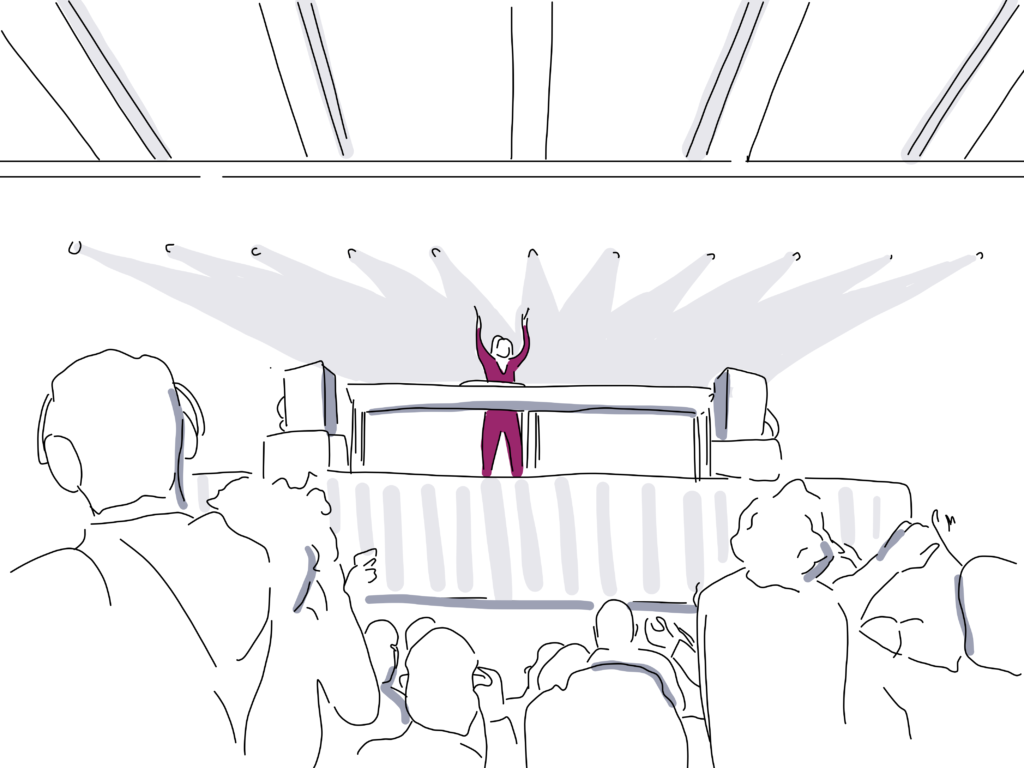
Tech Thursday: 5 Secrets to Creating an Event in a Facebook Group That Gets Seen
A staggering 1.4 billion people use Facebook groups each month. As an event planner, you need to know how to create an event in a Facebook group, as well as how to integrate groups into your comprehensive social media event strategy.
Whether you’re planning a one-time mandatory software training for busy professionals or organizing a hotly anticipated regional gaming convention, Facebook groups are an invaluable tool to improve communication and build event buzz. Explore below to find the tips you need, including when to use Facebook groups, how to create a new group, and how to build engagement. And (bonus!) we’ve included top event planning Facebook groups you can join for tips and inspiration.
When should you use Facebook groups for events?
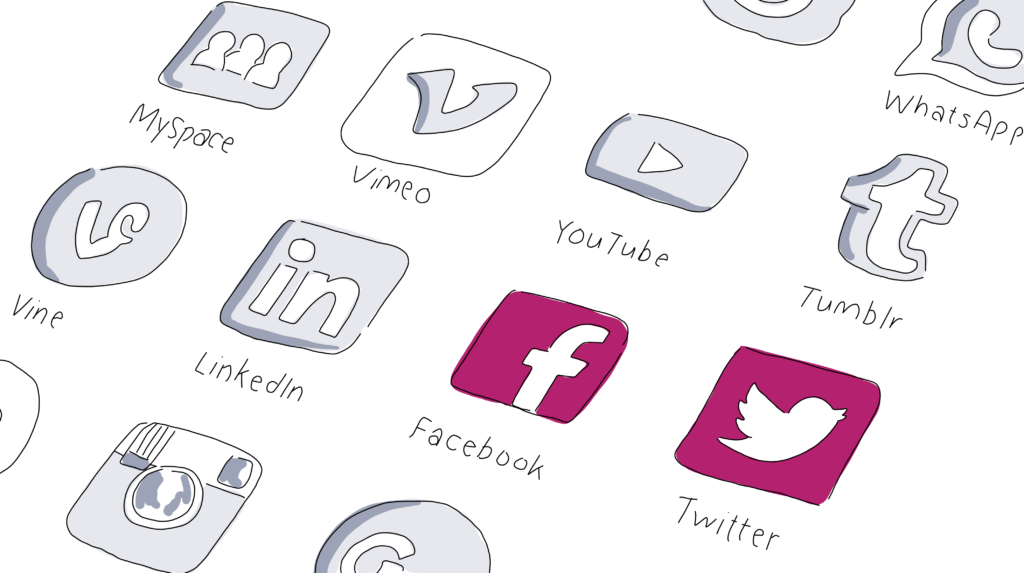
Facebook groups are an obvious fit for big events that draw an existing, passionate community, such as music festivals, niche conferences, Renaissance Faires, or tabletop gaming tournaments (to name just a few). If people are already interested in the topic, it’s a lot easier to get them involved in the group.
But smaller events and less community-focused events can also use Facebook groups. A smaller event might use the group to build tighter bonds among definitive guests. For example, an industry conference can use a Facebook group to poll attendees ahead of the event to discover their reasons for attending, gather questions for speakers, and gauge interest in workshop topics. Letting people weigh-in to help customize the event builds excitement and a sense of connection.
Let’s dive into some of the potential benefits and drawbacks of Facebook groups for events.
The benefits of using Facebook groups for events:
Groups give event planners a low-friction way to connect with attendees”and for attendees to connect with each other”before an event.
- A group makes your event content more visible. On a Facebook page, posts from followers show up on the Posts from Visitors tab, which people have to click over to intentionally. (Not only does this require an extra click, but on mobile it’s not intuitive”often people don’t click over.)
Posts from a group, on the other hand, automatically show up in members’ news feeds. Plus, Facebook uses notifications for popular group posts. Group members who haven’t responded to a poll might get a notification that says, You may have missed this post in TabletopGamingCon 2020. The gentle reminder invites people to check out popular content, interact with the group, and offer their input.
- Gain ˜Group Insights’ for groups with more than 250 members. Use ˜Group Insights’ to find out what kind of posts perform best and at what times your members are most active and willing to engage. Have a group of thirty-something professionals? No need to speculate whether they’re active on Facebook during an afternoon lull at work, if they check-in before dinner, or if they’re active after their little kids go to bed. Group Insights reveal these activity patterns so you can schedule posts at optimal times. (Facebook makes it ultra-easy for admins or moderators to schedule group posts”after all, they want people to engage with and depend on your group, too.)
- Build a sense of engagement through live broadcasts or stories. To continue with our tabletop gaming example you can use live broadcasts or stories in your Facebook group to tease the board and pieces of a new historical miniatures game, or make a timelapse of the setup for the largest tabletop game in your state. This builds a sense of engagement and excitement around particular offerings at the event.
- Minimize confusion. Share the most important event information on your Facebook groups. Let guests know where to park, what to wear, or what food options to expect. They’ll already have this information from emails and the event website, but repeating it helps your guests remember the details.
Drawbacks of using Facebook groups for events:
There’s one drawback to creating a Facebook group for an event, but it’s significant: Facebook groups are community spaces that require oversight and moderation. If you’re organizing a Sheep and Wool Festival, for example, you might give people the opportunity to vote on the types of technique classes they’d like to see, start conversations, and encourage people to share their favorite suppliers. Someone needs to create that content, and engage with the responses.
Before you start a group for your event, consider the amount of time you (or a team member) can spend on the group, and the return you can expect on that time investment. Key considerations:
- Can anyone join the group on their own (a public group), or do they need to request membership (a closed group)?
- Do posts need administration approval to be published?
- Who will oversee approval?
- If posts don’t need approval, who will manage off-topic, spammy, or angry posts?
The benefits often outweigh the drawbacks, but it’s important to understand that Facebook groups require time and attention.
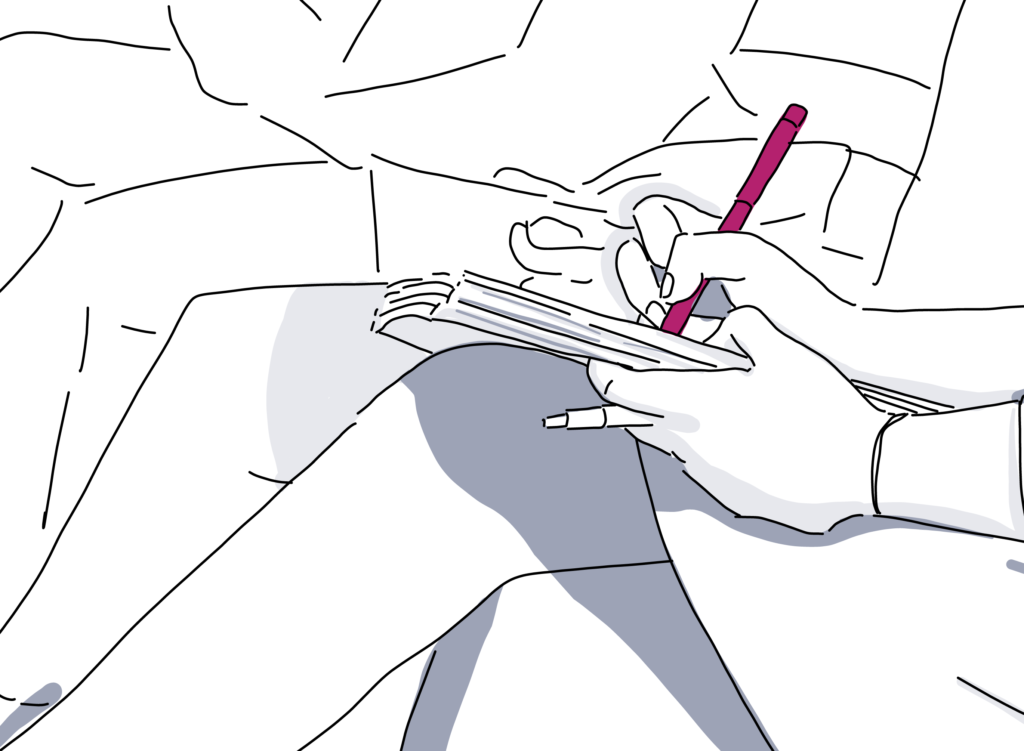
How to create a Facebook group for an event step-by-step:
Step 1. In the top right of Facebook, click Create and choose Group.
Step 2. Enter your group name.
Step 3. Add group members.
Step 4. Choose the privacy option you want: Public, closed, or secret.
- Public: A public group that is visible in search
- Closed: A private group that is visible in search
- Secret: A private group that is hidden in search
Step 5. Choose an icon that will display next to your group’s name in Shortcuts.
Step 6. Click Create!
Once the group is created, finish setting it up by adding a short description of the event, related tags, a location, and a cover photo.
How to create an event in a Facebook Group step-by-step:
Say you already have a Facebook group (e.g., Regional Tabletop Game Fans) and your group is hosting an event, such as an annual conference or game night at a local tavern. It’s very simple to create an event and invite your group members.
Step 1. Select your group
Step 2. Next to Write something¦ select …more
Step 3. Select Create Event
Step 4. Fill in your event details. If your group has fewer than 500 members, you can invite them all by clicking invite all members.
Step 5. Click Create!
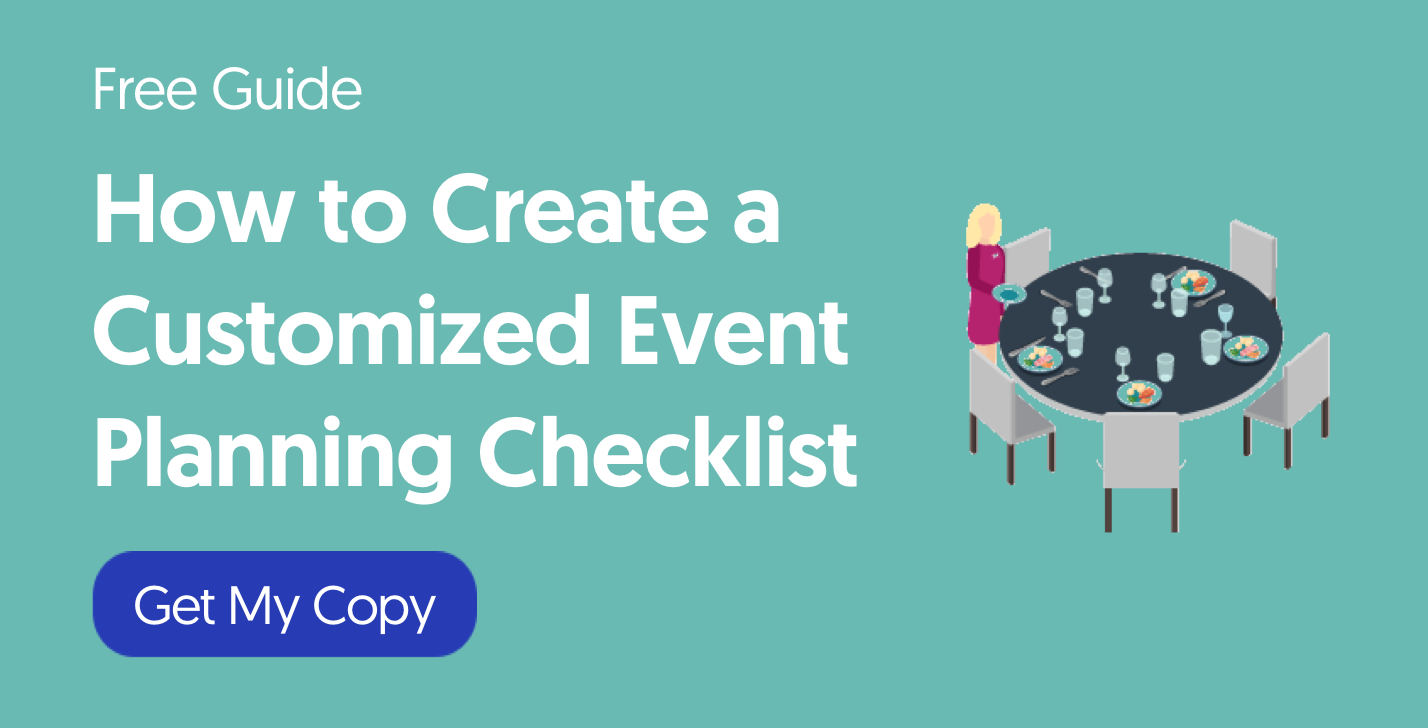
How to strengthen your event Facebook group:
1. Know your draw for members
Make sure you’re giving people a community-based or interactive reason to be there: Engagement is fundamental to your group’s success. Poll your members and use their input to design the event; ask topical questions that get people talking; post visual content, such as photos and videos that people want to see.
2. Promote your group on existing platforms
To draw people to event groups, consider sending emails to event registrees, or marketing groups on the event Facebook page, listing, and tickets, or give them people the option to join on ticket confirmation emails. Some groups only offer membership to ticket holders or people who have attended an event, so networking and community interactions have greater value.
3. Leverage social promotion
If your group is big enough for ˜Group Insights,’ take a look at your top 25 or so active users. They are highly interested in the content and might be interested in promoting the group within their network or taking on moderation responsibility. You might also attract influencers to your group by tagging them in your posts.
4. Consider paid ads
If you have an advertising budget, paid ads could be fruitful. Facebook’s powerful demographic tools mean that you can target ads to people living in certain areas and/or who have relevant interests. Note that to run an ad, you’ll need a Facebook Page”not just a group.
5. Grow it or pause it post-event
After the event, you have some options. You can (and should!) ask your group some follow-up questions to help you plan future events. Encourage image sharing and storytelling about the event”though if you’re asking people to post photos, be crystal clear about whether you plan to use those photos to promote the event.
If this particular event will roll around again, you can either keep the group active (constant engagement, but more work), or you can archive the group until it’s time to get people excited about the next one.
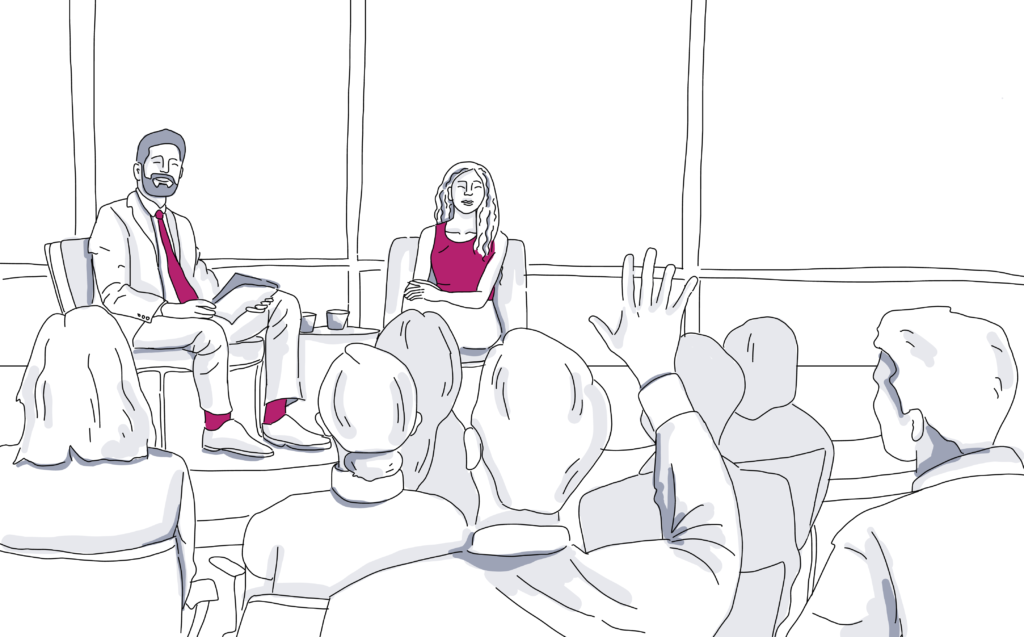
Six of the most popular Facebook Groups for planners
Groups aren’t just for events! You can also use groups as resources to collect fresh event planning ideas and tips, to connect with peers in your industry, and to gather ideas for venues and vendors if you’ll be planning an event outside your usual area.
Some event planning groups are massively popular, and others appeal to planners in a certain locale, such as western Ohio or the New York City-area. Others are designed for event professionals interested in a particular niche, such as event food, technology, stage design, production, decoration, weddings, or specific cultures.
Here are some of the most popular Facebook groups for planners, their approximate size, and their approximate level of activity:
- Event Planners Gather: 18k members, 10 posts a day
- Event Planners Forum: 10k members, 6 posts a week
- Event Planners Club: 4.6k members, 40 posts a day
- Event Planners and Decorators: 11k members, 90 posts a day
- Fabulous Wedding Planners, Event-Day Coordinators & Vendors: 4.6k members, 60 posts a day
- Event Planners, TreatMakers & Bakers Who Rock: 6k members, 20 posts a day
Facebook aims to grow engagement with meaningful groups and is focused on helping group creators expand their reach. So keep an eye out for new features, but dive in to create meaningful and engaged groups for your events today!
Now You’re Ready to Create a Successful Event in a Facebook Group
For more on marketing your events, check out our post on 6 killer secrets to successful event marketing. Or, boost your marketing skills by exploring all of our blog posts tagged ˜event marketing.’

